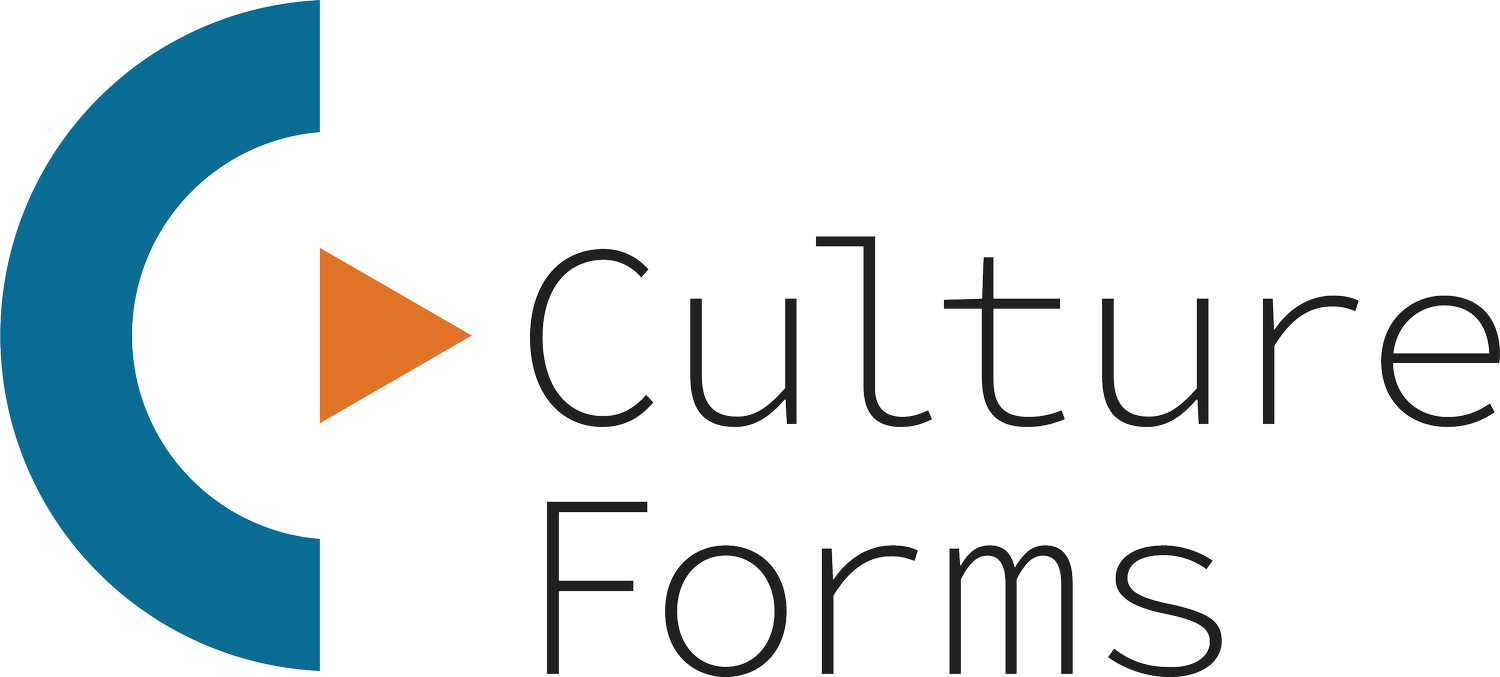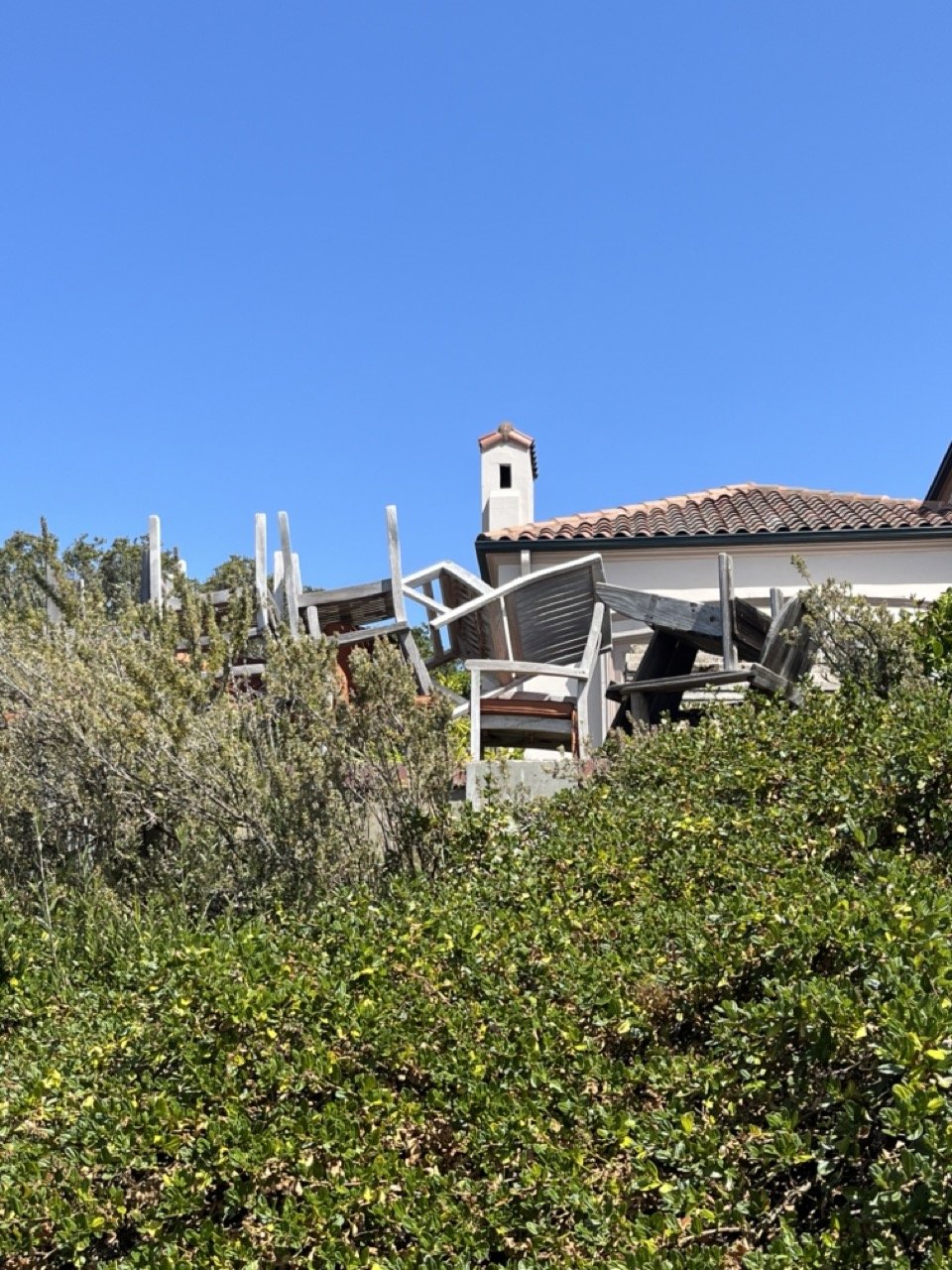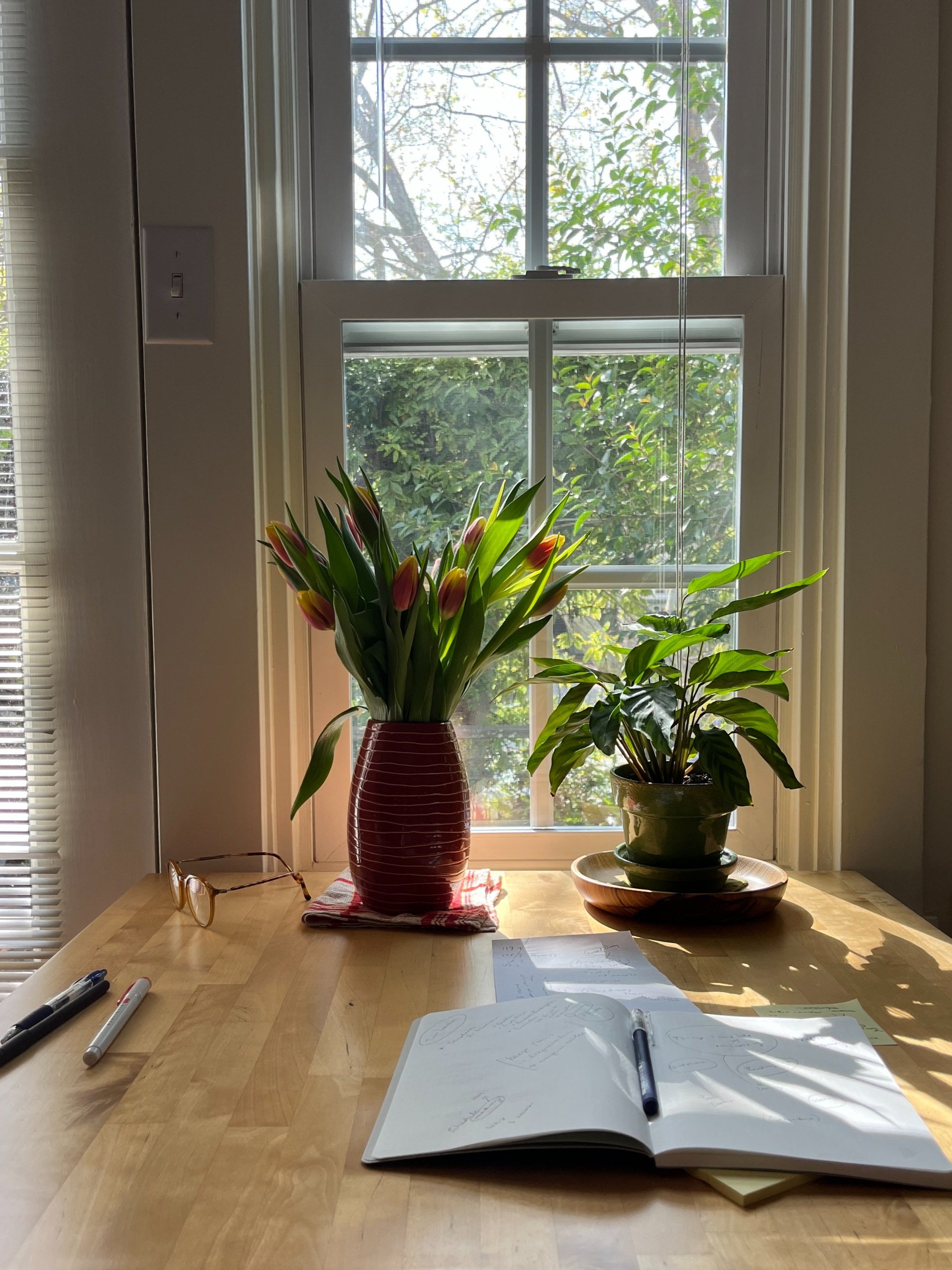Introducing CAG
TL;DR: several cohorts later, here is the CAG Interest Form.
I lead engagements with organizations and individuals. Both kinds of work are rooted in a practice I developed 10 years ago, as a poet.
When I moved to Oakland, I felt very stuck. There was a neighborhood nearby with steep hills and hidden paths; traversing them, I found the new habit useful both for exercise and to rethink my decision-making skills. Eventually, this walking practice led to a new way of thinking about poems and life.
It was then that I began to think of poetry as an escape route from one possible meaning to another potentially more enjoyable meaning.
I developed a class based on some of these principles, one that I’ve taught to teams in law firms, to staff of creative institutions, to students and professors in undergraduate and graduate settings, and to strangers at a community arts center. The class is really a practice of being creative and in community at work and at home. It’s is about using the life you’re in to make forms and staying connected to creative thinking and its myriad energies when life changes. It’s also the seed for Culture Forms.
I taught a version in the Culture Forms Conference Pilot last year to see what it looked like among strangers. It worked as always, but I wondered if there was a new branch to explore further.
So, not so long ago, I invited six people to participate in an experiment called Creative Accountability Group (CAG for short and for fun). Across six bi-weekly sessions on Zoom, strangers shared their own commitments and aspirations, and developed a deep sense of trust. I offer the container, structure, and community; you add what you want to do.
We began forging a sense of community exploring the framework I’ve developed—about the “long game” of the arts in life, about self-compassion in creativity, about taking assignments seriously even when we give them to ourselves. It’s about showing what it means to make art part of life.
In later sessions, the group learns to workshop in a more thoughtful way (thanks to Liz Lerman’s Critical Response Process) becoming better readers and listeners.
The idea isn’t a traditional workshop. The idea is kindness, paying attention, and individual accountability within a supportive collective. The final session was designated for closure but everyone in the group wanted to continue meeting, and so are finding ways to do so.
In this temporary but extended communal creative boost, you’ll get a chance to center yourself with whatever you need to keep going in the long game of a creative life. If this sounds useful, here's where to sign up to express interest in future CAGs.


